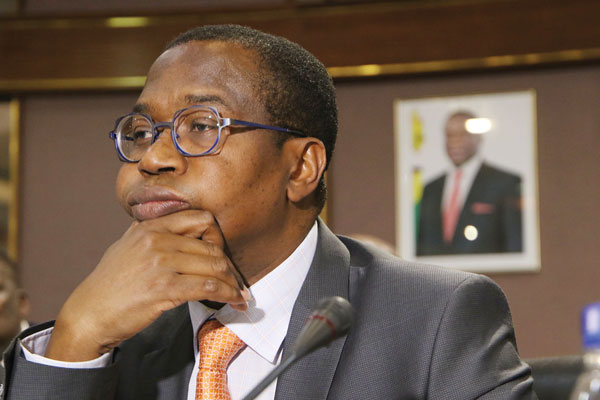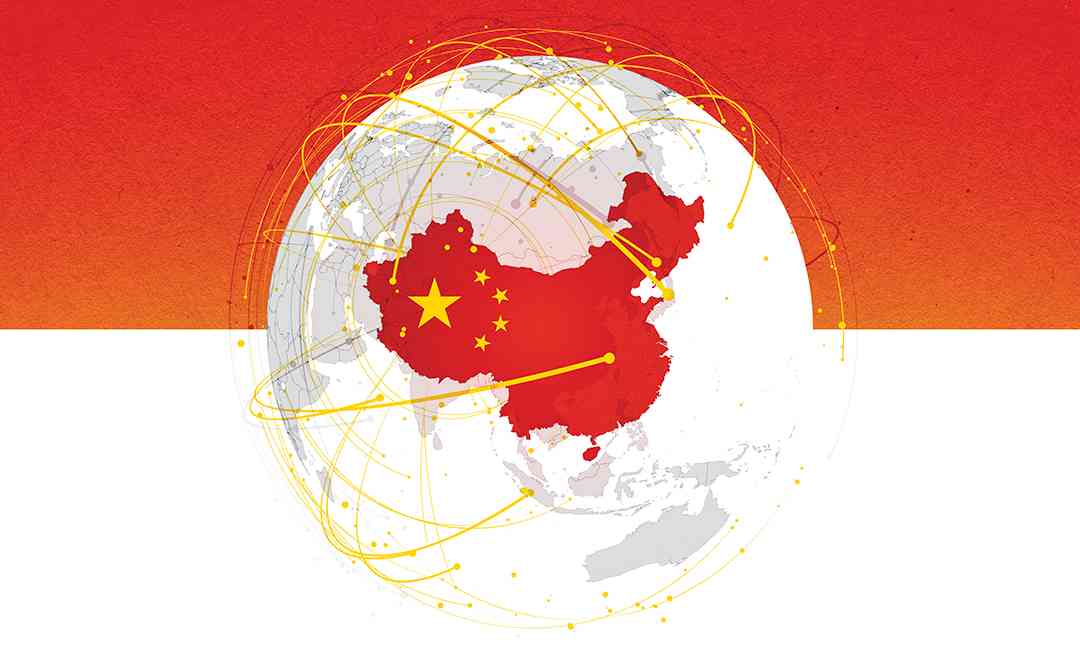
THE ruling Zanu PF party has given Finance minister Mthuli Ncube a fresh “headache” after its just-ended 17th annual conference resolved that government should reintroduce the national youth service programme.
BY RICHARD CHIDZA
Disparagingly known as Green Bombers, graduates from the programme were reportedly behind most cases of election violence, including the establishment of torture bases at which opposition activists were brutally tortured and murdered.
In his 2019 National Budget statement last month, Ncube did not provide for the introduction of the programme that could gobble millions and fly in the face of President Emmerson Mnangagwa’s publicly declared wish to stem unnecessary State expenditure.
But Zanu PF, in one of its 2018 conference resolutions, said: “The national youth service programme be resumed in the first quarter of 2019.”
Party spokesperson Simon Khaya Moyo yesterday said it was up to Ncube to find the money or convince the party that the programme was untenable.
“Of course, we are aware that the programme will require financing. If there is no money, then it would not be implemented. It is up to the minister (Ncube) to come back and explain to the party that he does not have the resources or he should find a way of raising the required money,” Khaya Moyo said.
But the opposition immediately raised the red flag, describing the resuscitation of the programme as akin to reintroducing the 1980s crack military unit blamed for the post-independence atrocities known as Gukurahundi.
- Chamisa under fire over US$120K donation
- Mavhunga puts DeMbare into Chibuku quarterfinals
- Pension funds bet on Cabora Bassa oilfields
- Councils defy govt fire tender directive
Keep Reading
“It would look like the regime has nostalgia of its murderous past. Graduates from the youth service have been convicted by the courts of murder, maiming and rape of opposition activists as well as female recruits. It’s the same as trying to bring back the Fifth Brigade. The question that remains now is how much of (former President Robert) Mugabe’s murderous infrastructure is Mnangagwa going to retain. It scares us,” MDC spokesperson Jacob Mafume said.
Ncube was not available for comment yesterday, while Finance ministry secretary George Guvamatanga’s mobile went unanswered. The Finance minister attended the Zanu PF conference and at the end of it said he was happy with the deliberations and outcomes.
“I am very happy indeed that we have had that realignment with what government is trying to do. Absolutely, we are on the same path (government and party). We are on the same page and the resolutions are testimony to that,” Ncube told our sister paper The Standard in an interview at the close of the conference.
Khaya Moyo said the Green Bombers would not be used as political storm-troopers this time around and sought to pacify opposition fears.
“That was in the old dispensation and we are not talking about the past. If they did that [violence, torture and murder] in the old dispensation, we will not allow that. This is a programme to give young people skills that will help them stand on their own or help in the economic development of our country,” the Zanu PF spokesperson said.
As if to admit the fact that it was raising issues that were counter to government’s short-term Transitional Stabilisation Programme (TSP) and the long-term Vision 2030 that seeks to make Zimbabwe a middle income country in the next dozen years, Zanu PF also resolved to shift the holding of the annual jamboree from December “to allow the party to make contributions to the National Budget statement”.
“That the party’s annual national people’s conference be held before the rainy season and budget presentation to Parliament in order to allow the party to have some input into the budget process,” one of the resolutions read.
More explicitly, Zanu PF also sought to cement its position vis-a-vis that of government in terms of policy crafting and co-ordination with the former liberation movement, now with a functional secretariat under Mnangagwa exercising authority over the executive arm of the State.
“The supremacy of the party over government is effectively practised whereby it directs government policies and programmes at central and provincial levels within the context of devolution,” the resolution read in part.
This would mean Ncube has no option, but to do as he is told and former Finance minister Patrick Chinamasa, the Zanu PF purse-holder, is the Treasury chief’s boss.
The Zanu PF central committee has also been given the mandate to review and monitor the implementation of the conference resolutions at its quarterly meetings.







